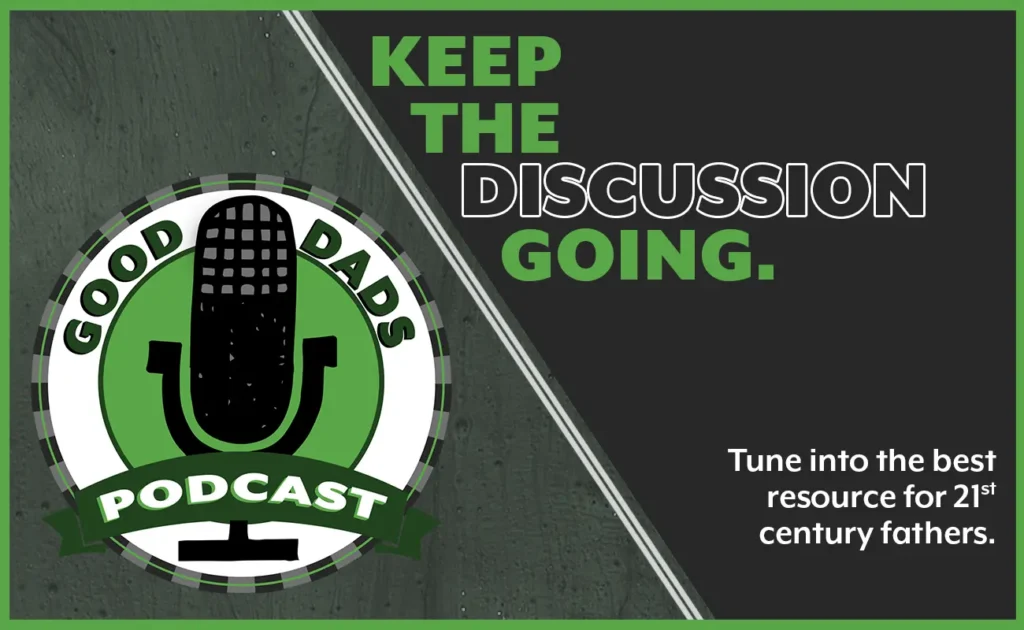Will looked at his bank statement and wondered again what he and Elise were thinking when they decided to have children. It’s not that he didn’t love their three kids, but raising them wasn’t cheap or easy. Sean (15), regularly complained about the injustice of being required to do chores, even though Will and Elise made many accommodations for his baseball schedule. Their middle child, Clare (13), was highly social and active in volleyball. This also took time and money, but Clare often responded to their efforts with additional drama with eye-rolling and exaggerated sighs that made it plain to everyone that she was suffering from the worst parents on the planet. Their youngest, Casey (10), was easygoing and not yet a concern, but Will knew the potential for problems was there.
Will expected that having children would put a crimp in their budget. He knew that he and Elise wouldn’t be able to have expensive vacations or travel. He adjusted to the lack of flexibility of their lives that having children required. It wasn’t that he didn’t love his kids, because he would lay down his life for them at any moment.
But what if they had never chosen to have children? Will thought about Jack and Ashley, a couple he and Elise spent a lot of time with before having children. Jack and Ashley were childless by choice and seemed to be very happy with their lives. They had plenty of discretionary income and often traveled to new and interesting places. In contrast, Will and Elise spent much of their extra time navigating children’s sports schedules, arguing over the VISA bill and deciding whose job it was to fold and put away the laundry.
In his few idle moments of downtime between managing the pressure of work alongside the stress of raising a family, Will wondered if married men with children were happier. Statistically speaking, was the stress of having kids worth the time, money and effort? What are the odds that childless men and couples are happier?

LEARN MORE: E418 | Defiant Children
It’s a Big Decision
Years ago, couples typically gave little thought to whether they would have children. If they could have children, they did—even when the timing was not right, or they didn’t feel quite ready. Most married with the understanding and belief that they would have children. They would become a family of three or more. It’s just what couples do.
Today, things are different. Many couples count the cost of raising a child, not only in dollars and cents, but also in terms of personal energy, time invested and limitations to their flexibility and activity. They wonder, “Is it worth it?”
While we can’t answer that question for everyone, it is important to know some of the research surrounding the decision to become a parent, especially during the more challenging seasons of parenting. It turns out there’s a strong correlation between positive mental health and parenting. Men who have children may be happier and have been mental health than men who don’t have children. Here are some of the reasons why.
Increased Social Support
According to Crnic, K. A., & Gaze, C. (2018) in the Journal of Family Psychology, fathers who actively engage in parenting tend to develop stronger bonds with their children, partners and extended family members. This network of relationships provides emotional support, reduces feelings of isolation, and contributes to better overall mental health. Research indicates that strong family relationships improve psychological well-being and reduce the risk of mental health issues like depression and anxiety.
Sense of Purpose and Fulfillment
Being an involved and engaged father often gives men a sense of purpose, which is crucial for mental well-being. Being a father can provide men with meaning in their daily lives, reducing stress and improving life satisfaction. Studies show that individuals with a strong sense of purpose experience lower levels of depression and anxiety, contributing to better mental health outcomes [Hill, P. L., & Turiano, N. A. (2014), Psychological Science].
Improved Emotional Regulation
In Developmental Psychology, Jia, R., Kotila, L. E., & Schoppe-Sullivan, S. J. (2020) note that fathers who engage positively with their children often learn to better manage their own emotions and stress. Parenting requires patience, empathy, and emotional intelligence, all of which promote healthier mental states. Research shows that good parenting practices, such as open communication and emotional support, contribute to better emotional regulation in fathers, lowering the likelihood of mental health challenges like stress or anger issues.
These three aspects—increased social support, a sense of purpose, and improved emotional regulation —are critical contributors to the better mental health often observed in good, involved fathers. Is it possible to have these things without children? Possibly, but the research supports the value of family to long-term happiness.
Admittedly, there are the dog days of parenting when adolescent attitude and drama seem endless, but better days lie ahead. Many dads struggle to be enthusiastic about parenting during the ups, downs and uncertainties of this season. And, if things become too overwhelming, seeking professional help and support is definitely a good strategy.
In the end, most dads say they miss the chaos and clamor of their children when the house is quiet after the kids leave home. Most will tell you parenthood is worth it when they consider how empty their life might have been without children.





